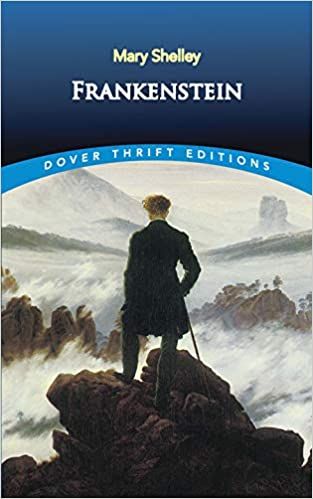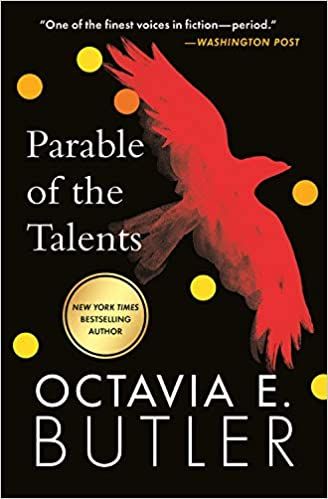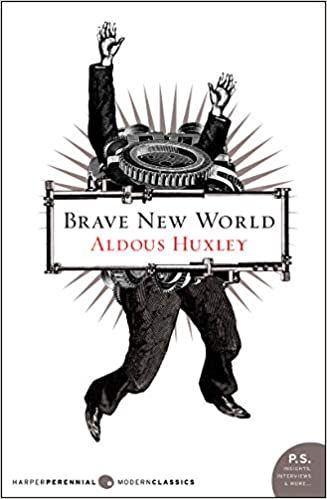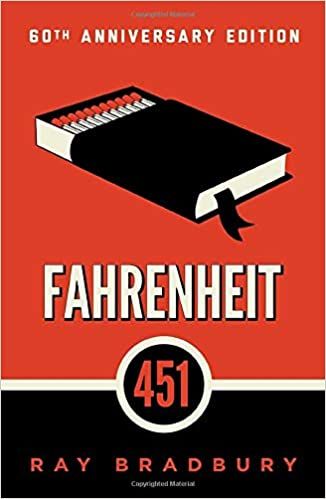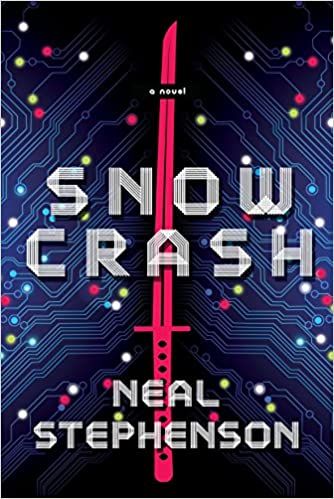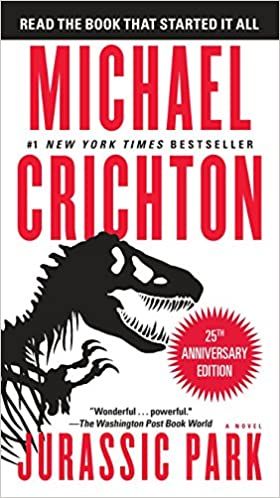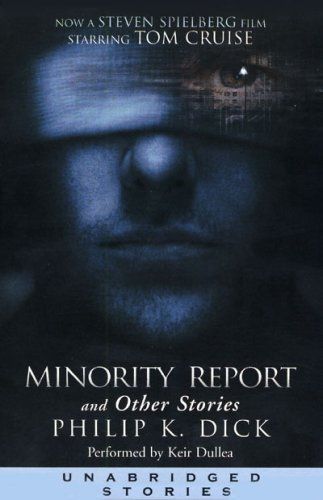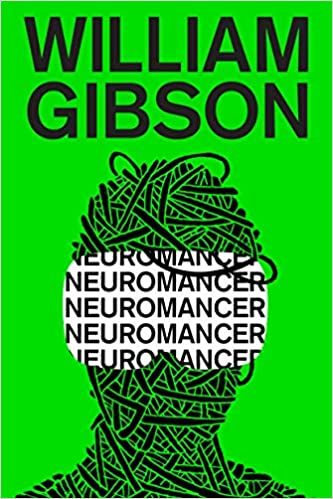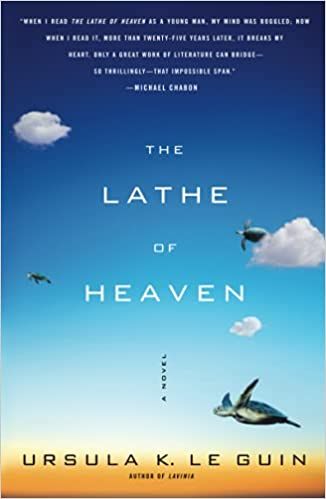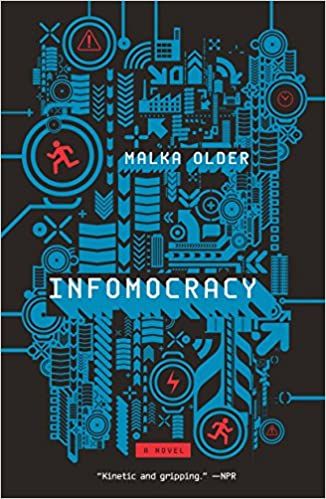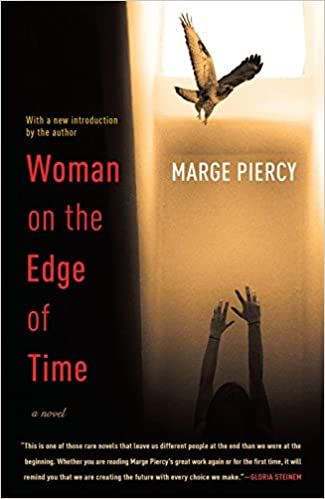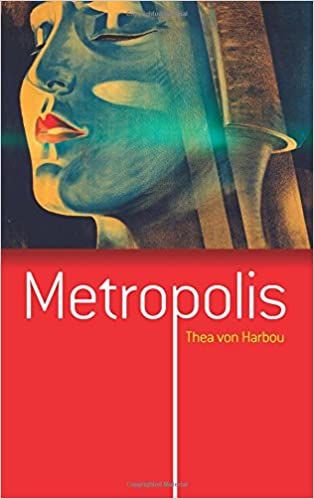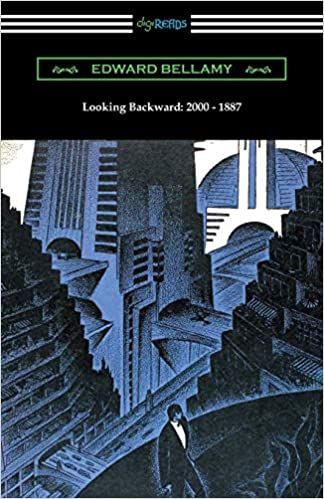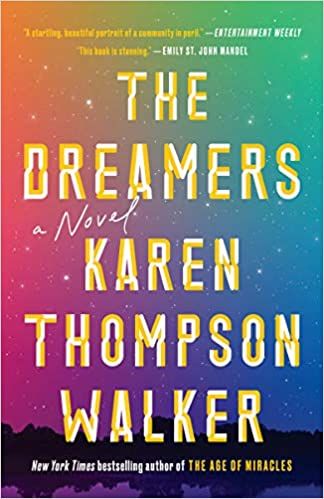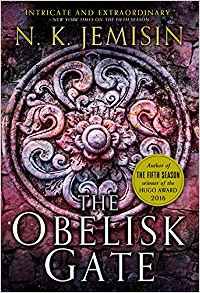I also want to distinguish between accurate sci-fi in general and sci-fi that correctly predicted the future. Hard science fiction (for example, Andy Weir’s The Martian) is grounded in accurate technical details, but it tells stories that may or may not ever occur in real life. In contrast, the stories below offered scientific and social predictions, even if the authors weren’t trying to be prescient. These science and speculative fiction works captured or exaggerated the zeitgeist of their own times or the near future. It’s sometimes impossible to pinpoint the first person who ever developed an idea. Still, these authors’ fictional inventions and social changes ended up somehow anticipating the future.
But are these really predictions?
It’s debatable, but I don’t think so. Most of them are interesting coincidences or astute observations of the authors’ present. In William Gibson’s case, for example, he influenced the future as much as he predicted it. The goal of sci-fi is not prediction but imagining stories free of constraints. Authors aren’t oracles and usually aren’t trying to predict anything. For every vision of the future that seems prophetic, there are others that end up absurdly inaccurate or dated.
